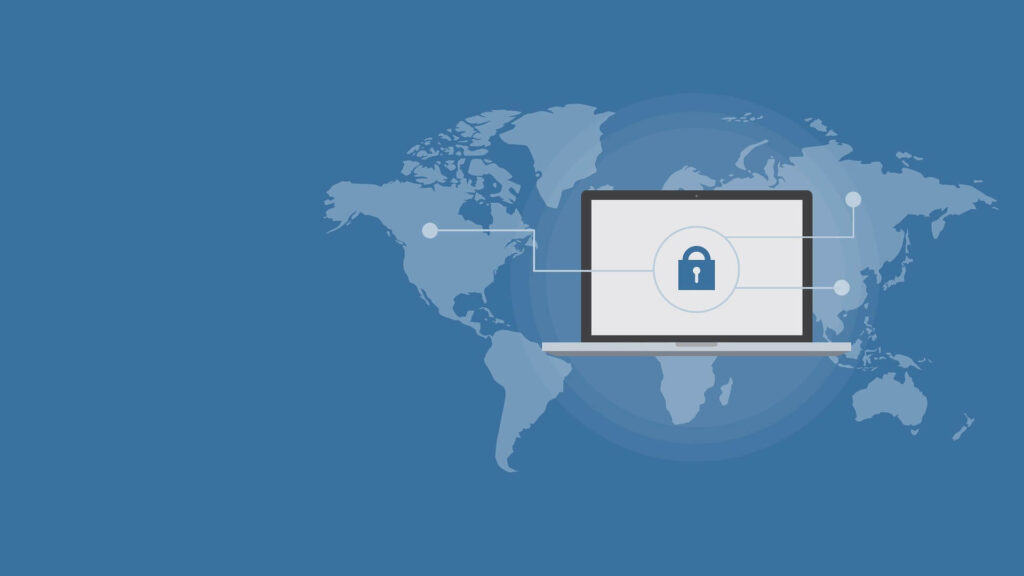And because the world is now one massive digital village, you can access any idea from any part of the world and sell to any audience wherever they may be. This, of course, is theoretical as what businesses experience today seems to be different—one popular phenomenon known as geo-restriction works to ensure that this does not happen. Geo-restriction, also known as geo-blocking, makes it impossible for brands to access certain content from certain parts of the internet, thereby posing a significant obstacle between a brand and what they need. Therefore, it is pertinent to find ways to get around this major problem. Luckily, we know some of the best ways but before we explain each, let us understand what geo-restriction is and why your e-commerce business needs to bypass it.
What is Geo-Restriction?
Geo-restriction refers to the common practice employed by websites and servers to prevent users from certain parts of the world from accessing their content. This technology used worldwide tries to read the unique internet protocol (IP) of each user that visits the server. The IP is blocked if it appears to be originating from geo-location recognized by the server as forbidden. The result is the inability of the user to access the server any further or to reach the customer base that the website or server holds.
Why is Geo-Restriction Limiting?
To get a better perspective, consider geo-restriction a discriminatory practice that prevents some digital brands from reaching certain necessary content or market, thereby putting them at a disadvantage. The following are some of the most common ways that this can be limited to digital companies: One advantage that online businesses have is that they can reach and sell to just about any customer from any part of the world. However, geo-restrictions disable this and prevent these businesses from reaching a global market, causing them to lose a significant share of the market. This limitation of where a business can sell affects sales and revenue and can lead to the complete collapse of the affected business. Businesses usually need to watch other businesses and collect important data from different parts of the internet to grow and expand. Every business needs to know what their competition is doing and what their customers are saying to make necessary improvements. Except this is not possible with geo-restrictions always there to stop a brand from accessing certain servers.
Why Do People and Businesses Need to Overcome These Restrictions?
Those who employ geo-restrictions and put them in place may have a solid reason for doing so, however; online brands still need to bypass these discriminatory restrictions for any or all of the following reasons: Web scraping is a process used by businesses and people to harvest a large amount of data from several data sources. The harvested data can then be converted, saved and, later used to make informed business decisions. And because this important task needs to be performed by searching several data sources at once, businesses sometimes need to encounter geo-restrictions and bypass them in the process. Watching and analyzing competition is an important strategy in everyday business. It helps a brand understand what their competitor is doing right and gather ideas that can help push their business further. Done properly, competitor monitoring can help provide a brand with the edge required to outperform its counterparts in the market. Doing this also requires bypassing online restrictions as much as possible. Brands that value their image and reputation (as every business should) often have to regularly monitor what is being said about their brand in different parts of the internet. This includes watching every discussion group and forum and reading every comment that mentions the brand. Hence, brand protection also involves bypassing whatever restrictions that may stand on the path. The market analysis includes everything that helps a brand understand how to penetrate a new market or make different offers available to certain markets. It is the process of studying the market, customers, and other underlining factors to make concrete decisions to facilitate expansion. Analyzing the market requires breaking through barriers such as geo-restrictions.
Main Solutions for Bypass Geo-Restriction
The following are some of the main solutions for bypassing geo-restrictions: Proxies are one of the best options for bypassing geo-restrictions. They are popular because of their versatility and simplicity. A proxy generally accepts a request and reroutes it using its IP and location. This conceals the user’s IP and location, thereby granting him access to any server regardless of geo-location. For instance, a user can utilize a Germany proxy (oxylabs.io/location-proxy/germany) and access any server in Germany regardless of whether or not he lives in a restricted area. A virtual private network or VPN works almost like a proxy. It accepts a connection but sends it out by tunneling it through a private network. The server requesting the information isn’t the actual user but the private network, which helps overcome any resistance the server may bear against the user.
Conclusion
Geo-restriction sits high on the list of problems that online brands face today. By preventing a business from reaching certain parts of the internet, geo-restriction also causes the brand to lose both customers and revenue. Therefore, overcoming it is a necessity, and this can be done by either using a VPN or a proxy. Brands can use either of these tools to gain access to just about any content in any part of the world. For instance, it is easy to access restricted German content by using a Germany proxy.
